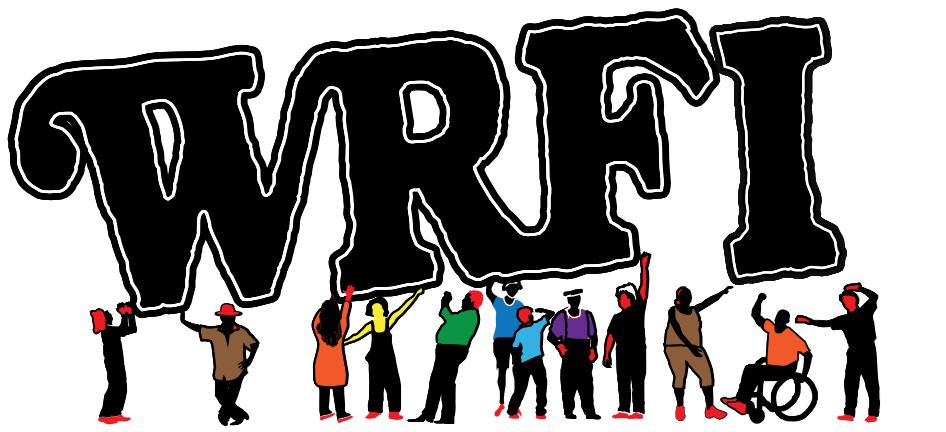Coronavirus Update, August 7, 2020
Public schools in all areas of New York will be able to open in the fall, according to an announcement made Friday by Governor Andrew Cuomo. His declaration Friday morning during a call to reporters was long awaited by the community, and area school officials.
Tompkins and Schuyler county schools are located in the Southern Tier section of the state, which has long fulfilled the eligibility requirements needed to open schools. These requirements are based on infection rates and economic reopening status. The state Department of Health has declared that if the infection rate of a region climbs above 9 percent over a seven day period, schools in that region will immediately be closed for in-person learning.
According to the Ithaca Times, Cuomo says that -- out of seven hundred forty nine school districts in the state, only 127 have not submitted plans to the Department of Health and State Education department. Some of the 127 districts have received extensions on their applications to reopen, while others are reportedly incomplete or deficient.
Ithaca City School District and other local districts all submitted their plans by the deadline of July 31st. Governor Cuomo acknowledged today that school districts would likely still need to iron out many details with teachers and families of students prior to reopening.
Looking at the local COVID-19 caseload, as of the time of Friday's 6pm broadcast, there are no new cases of the virus, and 5 more recoveries in Tompkins County. According to the Health Department, that leaves 21 active cases of COVID-19 in Tompkins.
In Schuyler County, again there are no new cases of COVID-19 reported as of Friday, according to their Health Department. All active cases have recovered.
Thanks to extra funding, The Dryden Rail Trail project is forge-ing ahead, after construction was slowed in the spring due to the COVID-19 pandemic.
According to Tompkins Weekly, the New York State Department of Transportation’s alternatives program awarded the project a grant -- worth $ 1.5 million dollars. Matching funding totaling $700,000 comes from five different funding sources including towns, state parks, Tompkins County and Cornell University. Many hours of volunteer work and in-kind donations have been put into constructing the trail.
Much of the trail already exists, and upcoming work will include efforts to connect the various sections. One major task essential to completing the project will be the construction of a bridge over Route 13.
When completed, the trail will run 10 and a half miles from Dryden Lake, through the Villages of Freeville and Etna, to the Hamlet of Varna, all in the Town of Dryden. It will connect to existing cycling and walking trails in the Town of Ithaca.
A food pantry set up by Cornell and the Food Bank of the Southern Tier and hosted by the Greater Ithaca Activities Center, or GIAC, is concluding its operations after running for months.
A statement from Cornell Dining states that other food pantries have reopened in Tompkins County, such as those at Immaculate Conception Church and Tompkins Community Action. These sites, along with Mutual Aid Tompkins and other food distribution organizations would be continuing after the closing of the GIAC food pantry.
14850 magazine reports that the food pantry distributed over 5500 boxes of food to the community, amounting to about 200,000 meals.
Cornell University is running a public health campaign on campus to educate students on the science behind COVID-19 transmission and social distancing practices.
The Cornell Daily Sun reports that the campaign constitutes one part of the school's efforts to mitigate the novel coronavirus spread, with the other part being the behavioral compact students must follow. The behavioral compact outlines which behaviors are or are not safe, requires daily health reporting, and provides sanctions against unsafe practices such as not wearing a mask, or engaging in large parties.
The public health campaign consists of posted signs, social media posts, public service announcements, and paid advertising. In addition, COVID-19 student ambassadors will distribute PPE, model safe practices, and advocate for social distancing.
Contributing writing by Esther Racoosin and Joanne Izbicki
